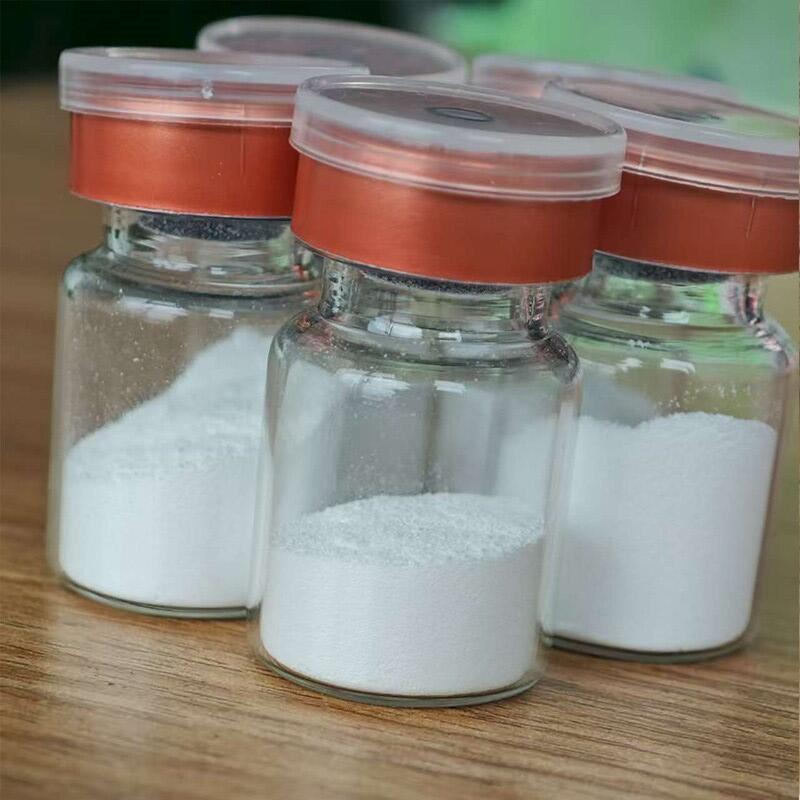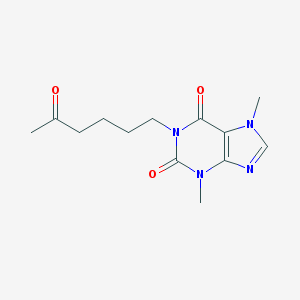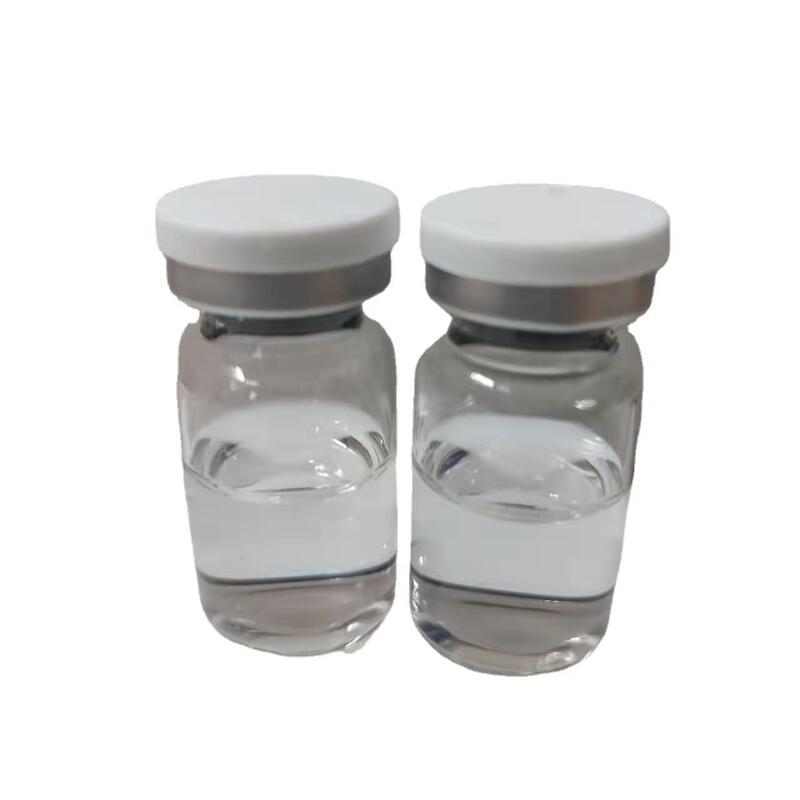-
Categories
-
Pharmaceutical Intermediates
-
Active Pharmaceutical Ingredients
-
Food Additives
- Industrial Coatings
- Agrochemicals
- Dyes and Pigments
- Surfactant
- Flavors and Fragrances
- Chemical Reagents
- Catalyst and Auxiliary
- Natural Products
- Inorganic Chemistry
-
Organic Chemistry
-
Biochemical Engineering
- Analytical Chemistry
-
Cosmetic Ingredient
- Water Treatment Chemical
-
Pharmaceutical Intermediates
Promotion
ECHEMI Mall
Wholesale
Weekly Price
Exhibition
News
-
Trade Service
The results of the world's first clinical study (SURGUVANT) to assess the improvement in the effectiveness of surgical treatment using anti-inflammatory drugs during surgery in colon cancer patients are published in BMC Cancer.
The study, which successfully tested the effectiveness of the cancer-resistant anti-inflammatory drug Taurine Roding, was funded by Geistlich Pharma AG in Ursen, Switzerland, and was led by researchers from the Royal Irish Academy of Surgeons (RCSI) and the Cork University Hospital Group (CUH), Mercy University Hospital and others, led by Professor Paul Redmond, a member of the RCSI Committee, and Peter O'Leary of the CUH Surgery Unit.
Surguvant tested the relationship between inflammation during surgery and cancer recurrence. The experiment randomly divided colon cancer patients who underwent surgery into a placebo group and a 2 percent taurine rodin group.
the results of this study show that the drug can successfully inhibit important parts of the surgically occurring inflammatory response that past studies have suggested will cause cancer cells to grow without sacrificing patient safety.
"We are pleased that this study is able to go on in Ireland." This is the first study in the world to show that the use of taurine in cancer patients is safe and effective during surgery, and that these patients' wounds react with inflammation after surgery, which causes cancer cells to grow and may affect the effectiveness of surgery. Professor Redmond said. Now that we have proven that this treatment strategy is safe, we need to look further to determine whether targeting this inflammatory response can improve the prognosmation of patients, and we hope to validate this result in larger clinical trials in the future. "(Bio Valley)







